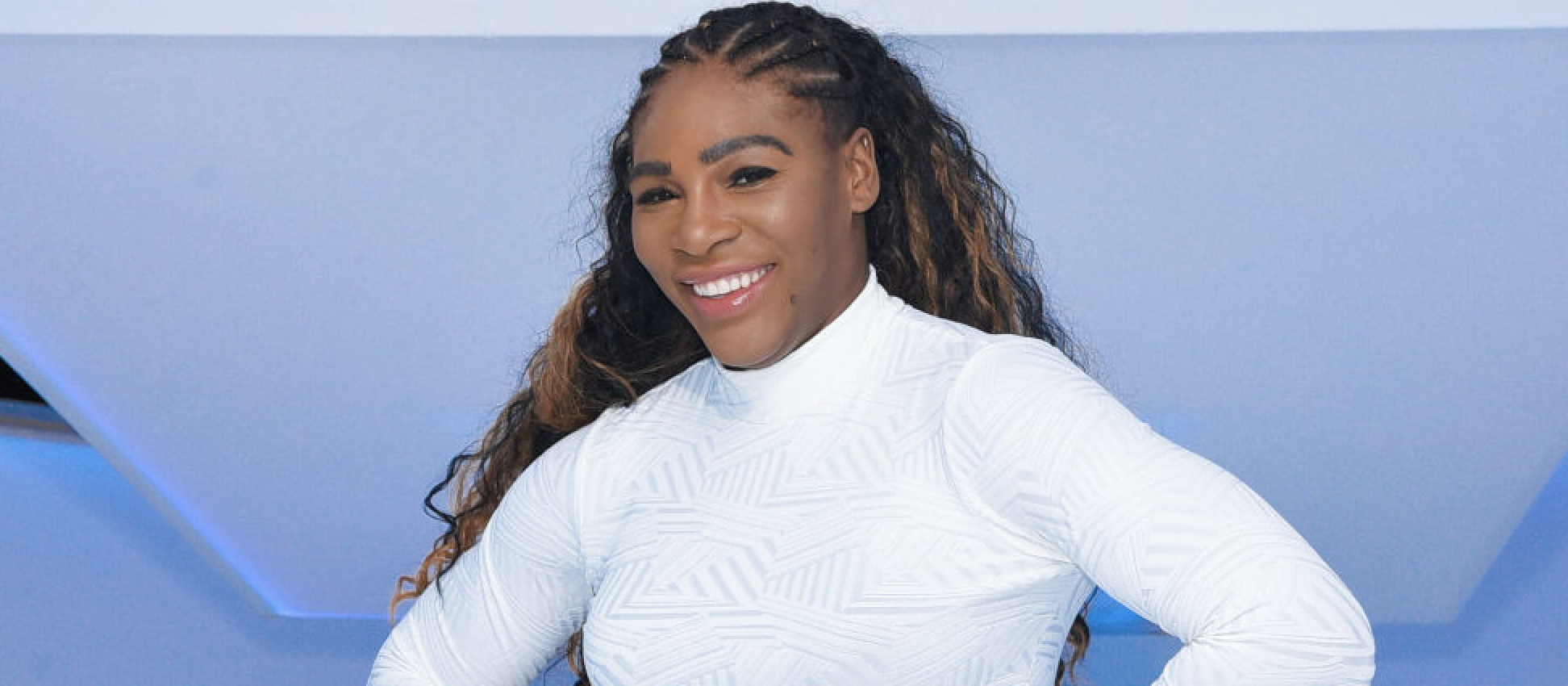In October of 2016, The Washington Post published an Access Hollywood recording of Donald Trump using what they deemed “lewd” language while bragging about groping women to the show’s host, Billy Bush. Facing scrutiny from the media, his political opponents and anyone with an even remotely operational sense of decency, Trump downplayed the severity of the situation, dismissing his comments as “locker room talk.”
Then, less than a month later, he was able to grab the presidency.
In the nearly four years since that incident, questions surrounding the pervasiveness of sexual harassment and misconduct against women have dominated our national discourse, from the very public “canceling” of dozens of some of Hollywood’s biggest stars to the highly contentious Senate Judiciary Committee hearing that preceded the swearing-in of Supreme Court Justice Brett Kavanaugh. But while casual misogyny has been put on trial in most corners of American life, it appears to be alive and well in at least one space: the real-life locker rooms inhabited by professional male athletes.
The most recent example came last week, when a group chat between Washington Capitals forward Brendan Leipsic and Florida Panthers prospect Jack Rodewald that was apparently hacked leaked onto social media.
During the conversation, the players took turns mocking the bodies of various teammates’ female partners and discussing their sexual conquests with obscene, chauvinistic language that should’ve died off long ago.
Understandably, the NHL was not happy about the leak.
“The National Hockey League strongly condemns the misogynistic and reprehensible remarks made by players Brendan Leipsic and Jack Rodewald in a private group chat,” the NHL said in a statement. “We will address this inexcusable conduct with the clubs and players involved.”
The Capitals said the club “will handle this matter internally,” a statement that did not bode well for Leipsic, a 25-year-old journeyman on a one-year contract: he was summarily released by the team last Friday.
As we saw recently with the case of NASCAR driver Kyle Larson, who was fired by Chip Ganassi Racing after using a racial slur during a live-streamed virtual race, athletes can and should be held accountable for their words. Though it’s not quite the same situation as Leipsic and Rodewald, what happened with Larson is an example of what happens when the things athletes say behind closed doors — so-called “locker room talk” — reach a public audience.
Though it didn’t cost Trump the presidency, athletes need to realize that having racist, sexist or homophobic conversations can cost them money (in Larson’s case, as much as eight figures, according to reports) and possibly their careers. And yet, this isn’t a trend that has showed any signs of stopping since Trump’s infamous comment four years ago.
In 2018, former Villanova guard Donte DiVincenzo hurt his NBA draft stock when a series of old tweets surfaced that repeatedly used racist language. Later the same year, homophobic and misogynistic tweets from Milwaukee Brewers reliever Josh Hader came out during the All-Star Game, eventually costing him thousands in endorsements.
And then there’s the case of former superstar NFL receiver Antonio Brown. Brown, 31, played in a single game last season before being released by the Patriots due to sexual-assault allegations and, despite his immense talent, no other NFL team took a chance on him.
Though Brown has never been charged with a crime related to the allegations against him made by Britney Taylor, text messages he sent her in the immediate aftermath of her disclosures were made public. In them, he refers to her as, among other things, a “weak bitch” and a “fake hoe.” Guilty or not, Brown’s misogynistic language alone may have been enough to keep teams from taking a chance on him.
Washington Post columnist Sally Jenkins certainly thinks so. “You want to be thought of as a good man falsely accused? Then don’t talk like a crude, rapacious brute,” she wrote in a September column. “Find a different expression. Search out an articulacy, something other than the tongue-tied dead-end vulgar cough that is the word ‘bitch.’ This isn’t innocent language. To employ the phrase of Toni Morrison, it’s ‘mutant language designed to throttle women.’”
In addition to demeaning women, minorities and members of the LGBT community, the “mutant” language used by Brown, Leipsic, Rodewald, Larson, DiVincenzo, Hader and others like them is potentially hitting them in the one place that might actually convince them to change their behavior: their bank accounts.
While the message from teams and leagues is (finally) trending in the direction of just punishment for players who choose to represent them less-than-admirably, the players themselves still have a ways to go when it comes to holding their teammates — and themselves — accountable. Only then will we be able to slam the door on “locker room talk” for good.
The Charge will help you move better, think clearer and stay in the game longer. Subscribe to our wellness newsletter today.
























